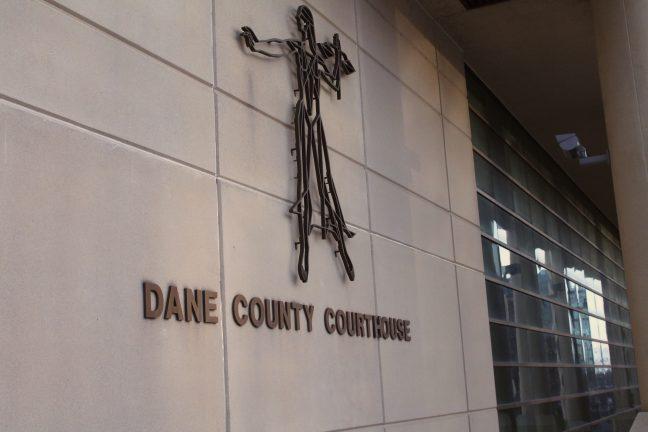In 2019, the film “Just Mercy” was released. It focused on the intersectionality between low-income workers and race and how it played in the criminal justice system in the 1980s.
“Just Mercy” recreates the true story of Bryan Stevenson, a recent Harvard graduate who heads to Alabama to represent criminals on death row that could not afford proper legal representation. He encounters Walter McMillian, who is scheduled to be executed for the murder of an 18-year-old girl. While reviewing his file, Stevenson notices inconsistencies with the key witness statements for the prosecution of McMillian. He builds up sufficient evidence to prove that McMillian had to be innocent and tries to overturn the prior conviction, but law enforcement denies every motion he presents. Stevenson moves the case to state court and ends up winning the trial.
This film makes viewers feel as though the criminal justice system did work because McMillian’s guilty conviction ended up being overturned. Unfortunately, this is not the case. McMillian served years on death row as an innocent man due to a faulty legal system. He only obtained justice and was freed when Stevenson challenged the system.
In Wisconsin, defendants will wait in jail from anywhere between weeks to months to be assigned a public defender due to a shortage of attorneys.
When these defendants eventually receive their public defenders they are unlikely to have proper counsel. Public defenders are already overwhelmed by their caseload, so they don’t have the time to be able to focus all of their attention on defending this client. This is especially the case in Wisconsin, where there is a lack of public defenders.
Public defenders are not being paid enough for their time, so they do not have the same incentive to fight cases that private defense attorneys have. The majority of attorneys can not afford to take cases from the Wisconsin State Public Defender’s Office at $40 per hour. This payment is the lowest in the nation.
Having defendants serve time for charges that are awaiting trial neglects their Sixth Amendment right to a public trial without unnecessary delay. Not only is this detrimental to the defendants’ well-being, but it also clogs up the prison system by incarcerating people longer than needed. Most of the time, this affects poor people who need to be working to support their families.
This contributes to a cycle of poverty. If poor adults are not able to provide for their families, then their children are forced to get jobs. This causes a focus on paying the bills instead of excelling in their education, which could rob these children of the opportunity to go to college.
If the U.S. were able to allocate more funds to public defenders, there would be an increase in public defenders and this would result in caseloads decreasing per public defender. These funds could be taken from the money not spent feeding and taking care of prisoners serving dead time — where prisoners are waiting to be assigned an attorney — because there would be a reduced number of people in jail waiting for a lawyer and trial date. Also, people who had cases with more evidence to prove their innocence wouldn’t be locked up awaiting trial for a crime they didn’t commit.
They could also raise funds by putting a slight tax on funds made by private attorneys. This would allow public defenders to be paid a little more equally compared to private attorneys, yet private attorneys would hardly see a change in their salary.
Our prison system is failing its citizens. Our country praises itself for being so developed, yet our criminal justice system punishes the poor and innocent over the rich and guilty. This system needs a change to prevent more people, like Walter McMillian, from losing years of their lives behind bars for a crime they did not commit.
Lauren Hando (hando@wisc.edu) is a freshman intending to major in journalism.


